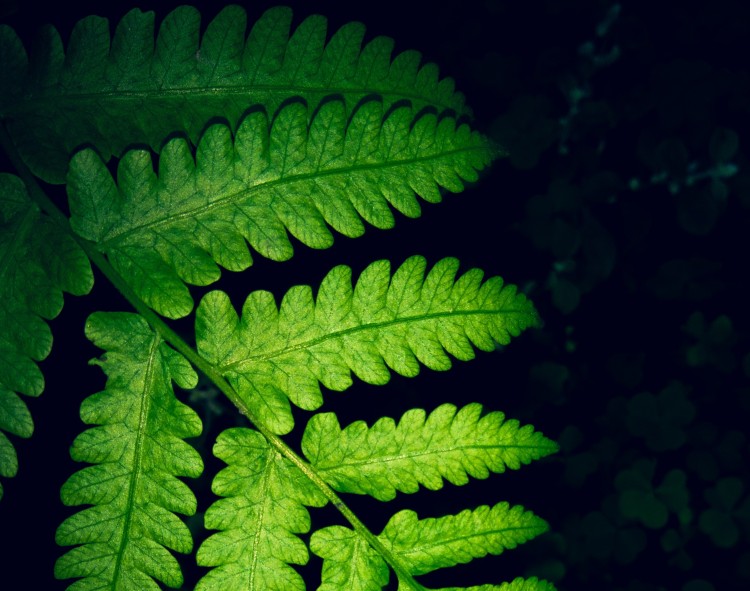
Ayurveda is considered as one of the oldest of the traditional systems of medicine (TSMs) accepted worldwide. The ancient wisdom in this traditional system of medicine is still not exhaustively explored. The junction of the rich knowledge from different traditional systems of medicine can lead to new avenues in herbal drug discovery process. The lack of the understanding of the differences and similarities between the theoretical doctrines of these systems is the major hurdle towards their convergence apart from the other impediments in the discovery of plant based medicines. This review aims to bring into limelight the age old history and the basic principles of Ayurveda. This would help the budding scholars, researchers and practitioners gain deeper perspicuity of traditional systems of medicine, facilitate strengthening of the commonalities and overcome the challenges towards their global acceptance and harmonization of such medicinal systems.
The Indian Medical Council was set up in 1971 by the Indian government to establish maintenance of standards for undergraduate and postgraduate education. It establishes suitable qualifications in Indian medicine and recognizes various forms of traditional practice including Ayurveda, Unani, and Siddha. Projects have been undertaken to integrate the indigenous Indian and Western forms of medicine. Most Ayurvedic practitioners work in rural areas, providing health care to at least 500 million people in India alone. They therefore represent a major force for primary health care, and their training and deployment are important to the government of India. Like scientific medicine, Ayurveda has both preventive and curative aspects. The preventive component emphasizes the need for a strict code of personal and social hygiene, the details of which depend upon individual, climatic, and environmental needs. Bodily exercises, the use of herbal preparations, and Yoga form a part of the remedial measures. The curative aspects of Ayurveda involve the use of herbal medicines, external preparations, physiotherapy, and diet. It is a principle of Ayurveda that the preventive and therapeutic measures be adapted to the personal requirements of each patient.
Ayurveda is attributed to Dhanvantari, the physician to the gods in Hindu mythology, who received it from Brahma. Its earliest concepts were set out in the portion of the Vedas known as the Atharvaveda (c. 2nd millennium BCE). The period of Vedic medicine lasted until about 800 BCE. The Vedas are rich in magical practices for the treatment of diseases and in charms for the expulsion of the demons traditionally supposed to cause diseases. The chief conditions mentioned are fever (takman), cough, consumption, diarrhea, dropsy (generalized edema), abscesses, seizures, tumours, and skin diseases (including leprosy). The herbs recommended for treatment are numerous.
In Ayurveda, essential oils are classified according to their effect on body temperature and how this affects the doshas. Hot and warm essential oils are more suitable for cold constitutions, Vata and Kapha doshas, while cold ones are more suitable for Pitta doshas.
However, In Ayurveda there is no such mentaioned about Essentail Oils, however they are the concentrate of herbs and other medicinal plant materials which are beneficial for several health rekated issues in ayurveda.

|

|
Currently, there are no comment.
Login to comment